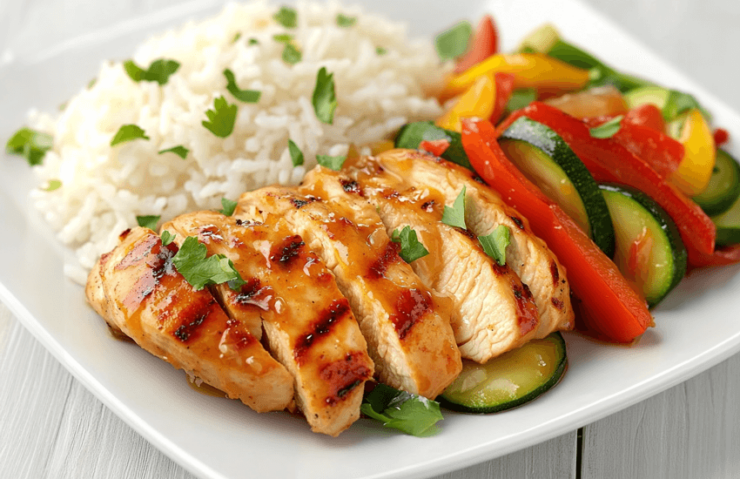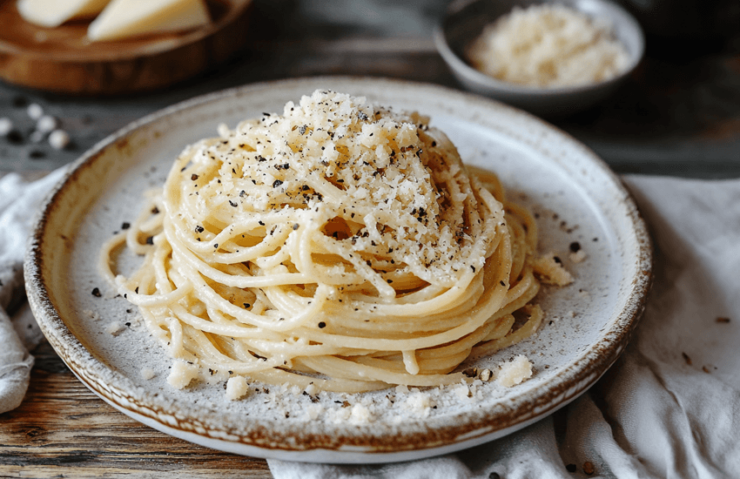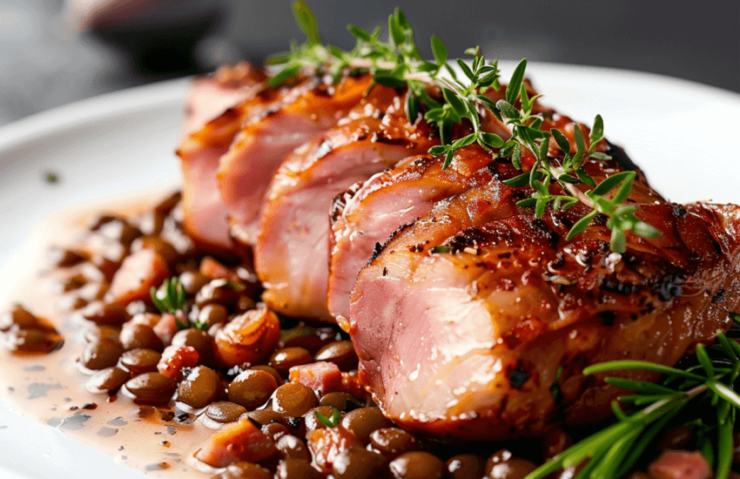Nutrition experts unanimously agreed on the healthiest spice. Do you know which one it is?
You’ve prepared your favorite dish, but it tastes rather bland. It’s probably time to look at the spices in your spice rack…
Healthy eating doesn’t have to mean sacrificing flavor. Herbs and spices can add unique taste to meals while being healthy and beneficial for the body. Today.com asked nutrition experts about their favorite spice, and they unanimously agreed that it is…
Spices and Herbs Reduce Salt Intake
Many herbs and spices are rich in substances beneficial to health and add unique flavors to dishes. “You can season your food with them without worrying about extra calories,” says Natalie Rizzo, a registered dietitian and nutrition editor at Today.com.
Spices can effectively replace salt, which adds a lot of flavor to meals but can be harmful in excess. Unfortunately, salt is present in most products we consume today, so adding more salt to food can easily exceed the daily recommended intake.
Fortunately, with other spices and herbs, we can reduce our salt intake without sacrificing the taste of our meals.
The Healthiest Spice According to Nutrition Experts
Natalie Rizzo and Julia Zumpano, a registered dietitian from the Center for Human Nutrition at Cleveland Clinic, agree that the healthiest spice is turmeric. This golden-yellow spice is derived from the root of the turmeric plant. Its main component is curcumin, which gives turmeric its yellow color and distinctive spicy flavor.
“There is a lot of research on the benefits of turmeric in reducing inflammation – particularly, turmeric is associated with better joint and brain health,” says Rizzo. It should be noted that these studies often involve large doses of turmeric or curcumin, which are usually taken in supplement form.
Curcumin in turmeric is a powerful antioxidant with anti-inflammatory properties. Importantly, curcumin is poorly absorbed on its own, so to increase its bioavailability, you should also consume piperine, a substance found in black pepper.
In addition to curcumin, turmeric contains B vitamins, vitamins E and K, as well as calcium, iron, magnesium, phosphorus, potassium, sodium, and zinc. 100 grams of turmeric contains about 390 kcal, but it’s important to note that you typically add only small amounts of this spice to dishes – usually no more than about 20 kcal.
Besides turmeric, which was the number one choice of experts on Today.com, nutritionists also highlighted ginger, garlic, cinnamon, and basil as beneficial spices.







Please register to post comment.